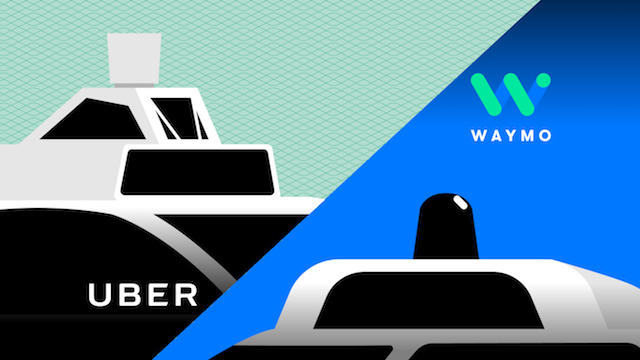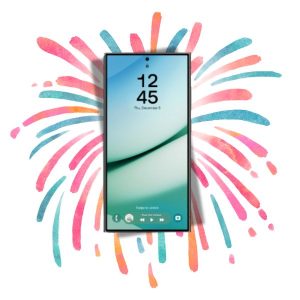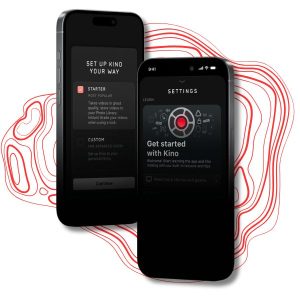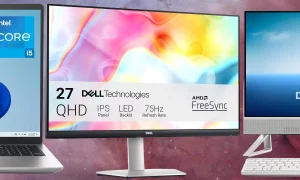Uber must turn over to Waymo information about its acquisition of Otto, court rules

Anthony Levandowski, the engineer at the center of the legal battle between Google and Uber over driverless-car technology, has suffered a setback. Levandowski has broadly invoked his Fifth Amendment rights against self-incrimination in the case, refusing to answer questions about whether or not he downloaded confidential files from Google before quitting his job at the company to join Uber’s self-driving car team. However, an appeals court has denied his request to extend his Fifth Amendment rights so broadly that Uber could redact documents on Levandowski’s behalf.
Google’s self-driving unit, Waymo, is suing Uber, claiming that it acquired Levandowski’s company Otto as a way to steal Waymo’s secret lidar technology and speed up its efforts to bring the first self-driving car to market. Waymo has claimed that Levandowski signed an agreement with Uber’s lawyers just a few days after quitting his job at Google, requiring Uber to defend him if the company’s acquisition of Otto resulted in a lawsuit. Waymo has accordingly asked Uber to hand over a privilege log with details about Uber’s early legal entanglement with Levandowski.
But Levandowski opposed the production of an unredacted privilege log, saying that if Uber produced it, it would violate his Fifth Amendment rights. An appeals court disagreed today, ordering Uber to produce the complete log without redactions.
“Mr. Levandowski argues that he is entitled to relief under the Fifth Amendment because production of the unredacted privilege log could potentially incriminate him. We are not persuaded that the district court erred in its ruling requiring defendants to produce an unredacted privilege log,” the United States Court of Appeals for the Federal Circuit ruled.
The order also opens the door for Waymo to request a copy of the due diligence report that Uber commissioned while it was in the process of acquiring Otto. Waymo has claimed that the due diligence report could contain evidence that Uber knew Otto was using stolen technology. Uber, on the other hand, has claimed that none of Waymo’s confidential files were uploaded to an Uber computer and therefore were never used in the development of its lidar system.
Waymo and Uber declined to comment on the appeals court ruling.
The two companies are due back in court on May 3, when a judge will decide whether or not to issue a preliminary injunction that could prevent Levandowski from continuing to work on Uber’s self-driving program or even halt Uber’s self-driving efforts altogether until the lawsuit is resolved.











